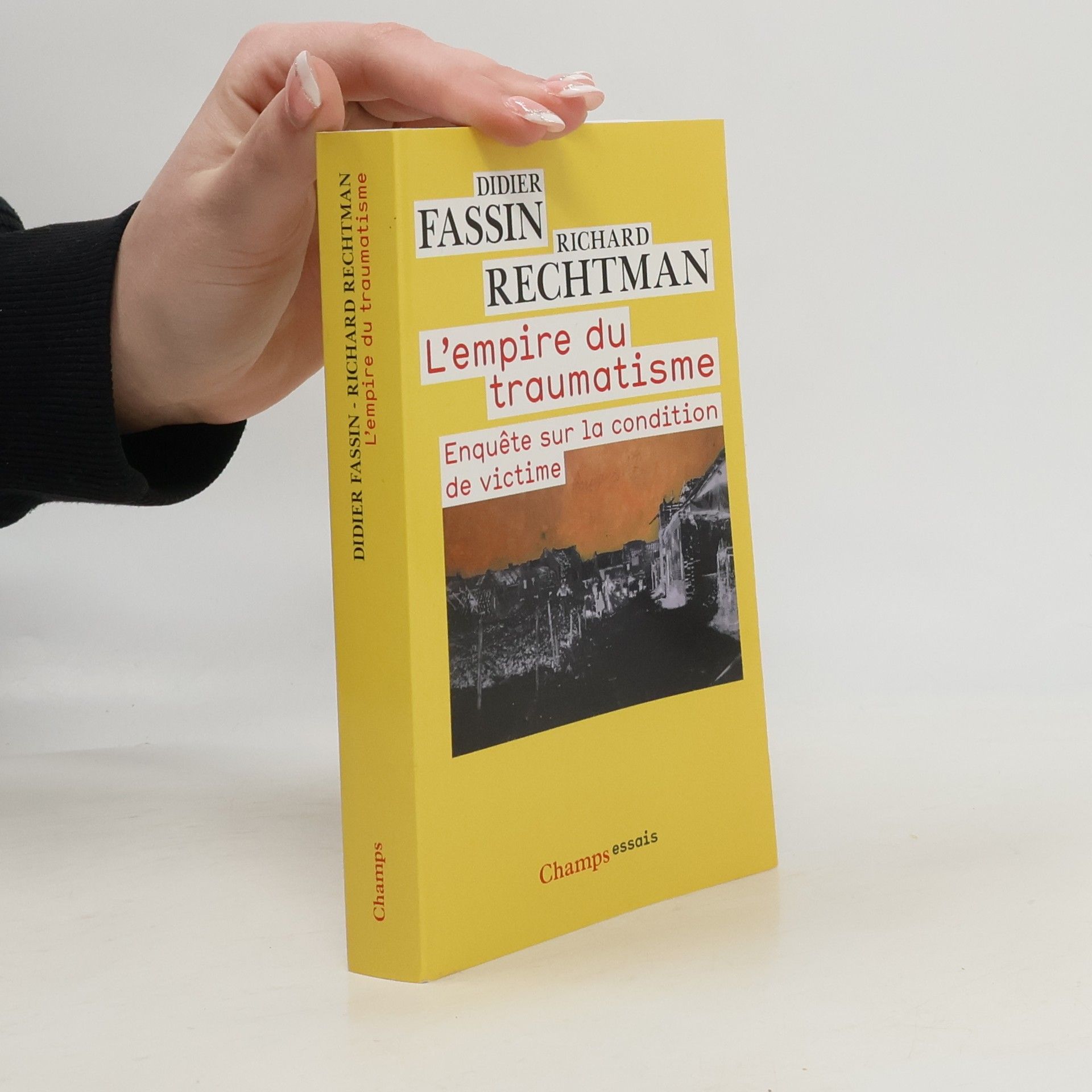The Worlds of Public Health
- 272 páginas
- 10 horas de lectura
Public health erupted into the world’s consciousness in early 2020 with the Covid pandemic and its multiple social and economic consequences. What had been until then, for most people, a remote and specialized field of expertise suddenly became the very basis for the government of lives.The Worlds of Public Health analyzes the moral and political issues at stake in the practice of public health today, including the influence of positivism, the boundaries of disease, conspiracy theories, morality tests, and the challenges posed by the health of migrants and prisoners. This exploration transports readers from South Africa, the country most impacted by the AIDS epidemic, to Ecuador, with the supposedly highest maternal mortality rate in Latin America; from the scientific controversies concerning the so-called worm wars in Kenya to conflicts between doctors and patients around Gulf War syndrome in the United States; from lead poisoning and public housing in France to the Covid-19 pandemic worldwide. Through these case studies, Didier Fassin argues that, ultimately, public health is a politics of life, revealing the different and unequal ways in which life is valued – and either protected or not – in contemporary societies.


